Keywords: French Revolution
-
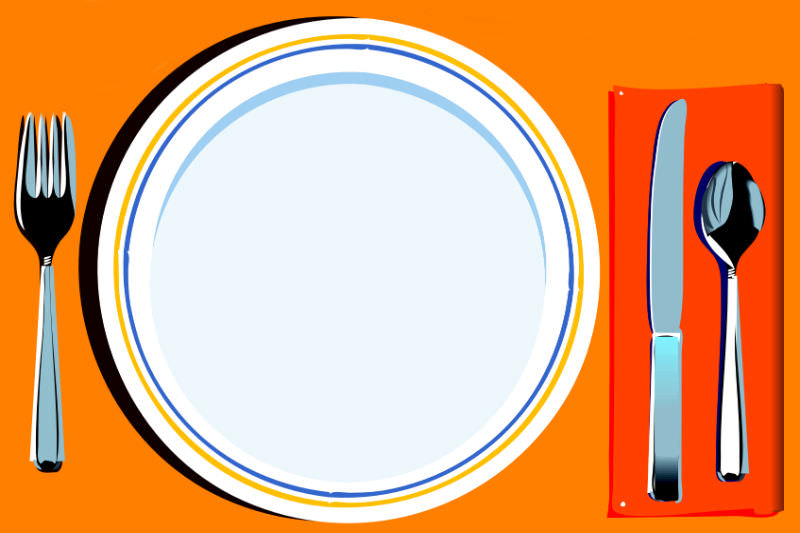
ARTS AND CULTURE
- Catherine Marshall
- 08 April 2019
9 Comments
Most recently, my younger daughter declared herself a vegan. She wanted to reduce her impact on the environment, to withdraw her implicit support for a brutal farming industry that had long disturbed her, and for a society that fritters fossil fuels and fills our oceans with plastic. And so our kitchen has undergone yet another revolution.
READ MORE 
-
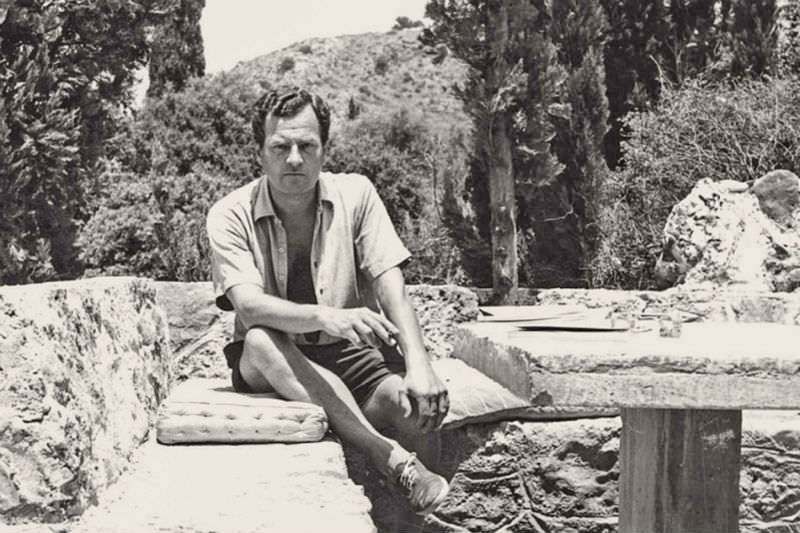
RELIGION
- Gillian Bouras
- 06 February 2018
12 Comments
The human brain has always needed silence, and there have always been people who needed solitude, at least for certain periods. In 1948 war hero and adventurer Patrick Leigh Fermor retreated to a French monastery simply in order to write. But the experience of silence was an unexpected bonus.
READ MORE 
-

ECONOMICS
- Veronica Sheen
- 13 December 2016
5 Comments
Over the last two decades we have seen a process of job polarisation. There has been growth in high end jobs, but mostly in low end jobs, the outcome of which has been the hollowing out of middle level jobs. This hollowing out of the middle also relates to greater wealth polarisation, as French economist Thomas Piketty has brought to light. The labour market is under a lot of pressure from many angles, so what does this mean for the project of women's equal opportunity in employment?
READ MORE
-
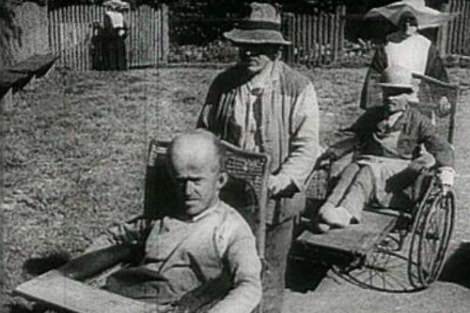
AUSTRALIA
- Justin Glyn
- 29 March 2016
9 Comments
People with disabilities have lived on society's margins since biblical times. In 1939, extending eugenics and sterilisation campaigns developed in the US in the early 20th century, Hitler authorised the vernichtung lebensunwerten Lebens ('the destruction of lives unworthy of life'). Unfortunately, not only has discrimination not been eradicated but those of us with disabilities, much like indigenous people, the poor, refugees and others with limited voice in society, continue to be seen as soft touches.
READ MORE 
-

RELIGION
- Frank Brennan
- 27 November 2015
2 Comments
'The crisis of child sexual abuse in our societies has required that our institutional procedures be more transparent and that we learn from the ways of the world in exercising power openly and justly. This means we have to restructure some of our church arrangements so that power is exercised accountably and transparently. All of us who have positions of influence and power in institutional churches need to be attentive to the voices of those who have suffered within our institutions.' 'Discerning the place for the prophetic voice and pragmatic cooperation of the churches in the great moral questions of the age', address to the Association of Practical Theology in Oceania conference, 26 November 2015.
READ MORE
-
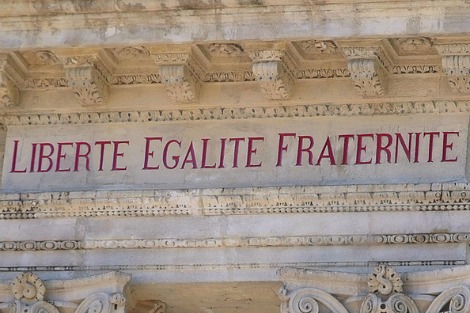
INTERNATIONAL
- Andrew Hamilton
- 19 November 2015
19 Comments
The mass murder of unarmed civilians in Paris last weekend was appalling. Whether considered as an act of war or of terror, it was indefensible. The themes of war against terrorism and victory have dominated commentary on the killings. In light of the fact that the war against terror was the seedbed in which IS grew, they demand serious reflection. We should ask precisely what our enemy is attacking, what therefore must be defended, and what will be the signs of victory or defeat.
READ MORE 
-
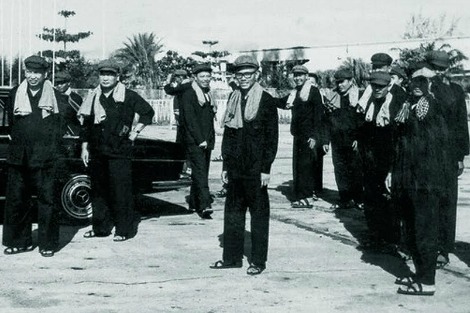
AUSTRALIA
- Michael Walter
- 11 November 2015
10 Comments
This photo is quite ordinary. It seems as though the men have just arrived somewhere, and have awkwardly posed for a camera. What is so haunting about this photo is the story of what these men would do. The man on the left is Pol Pot, leader of the Khmer Rouge. The man in the middle is Comrade Duch, the meticulous chief of Tuol Sleng Prison. In 50 years' time, what stories will be embedded in the ordinary photographs of today? What stories will be attached to ordinary photos of us?
READ MORE 
-
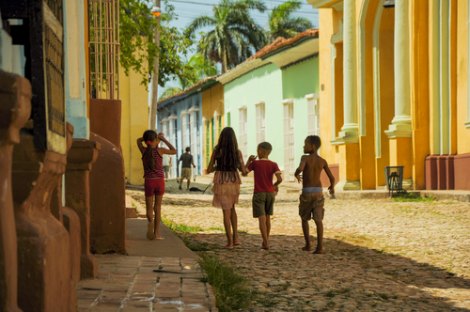
ARTS AND CULTURE
- Catherine Marshall
- 08 May 2015
1 Comment
Roger Blanco Morciego is a young Cuban man with an English name, who grew up in a communist country ostracised from the rest of the world. 'In my neighbourhood we have seven Rogers. I think we were named after Roger Moore'. I have my own theory about this: people who are shut out will do anything to explore and understand the realm they've been excluded from.
READ MORE 
-
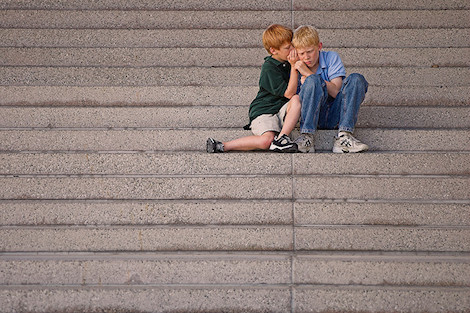
AUSTRALIA
- Andrew Hamilton
- 18 September 2014
12 Comments
The way to a better society does not lie simply in defending either liberty or equality, still less in the victory of one of these values over the other. It lies in bringing together a passion both for liberty and for equality and holding them together.
READ MORE 
-
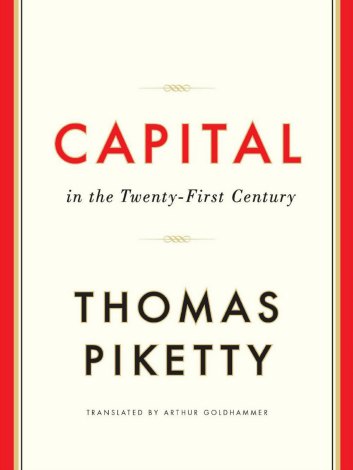
MARGARET DOOLEY AWARD
- Harry Maher
- 20 August 2014
14 Comments
Inequality is dangerous. And inequality is at a near all-time high. At its core, the Government’s recent budget not only engenders but actively exults in the creation and maintenance of inequality, a phenomenon rapidly expanding not just in Australia, but around the world.
READ MORE 
-

AUSTRALIA
- Frank Brennan
- 11 April 2014
1 Comment
'Whether or not we have a bill of rights, much of our human rights jurisprudence remains partial, failing to extend rights equally to all. Once we investigate much of the contemporary discussion about human rights, we find that often the intended recipients of rights do not include all human beings but only those with certain capacities or those who share sufficient common attributes with the decision makers. It is always at the edges that there is real work for human rights discourse to do.' Frank Brennan's Blackfriars Lecture
READ MORE
-
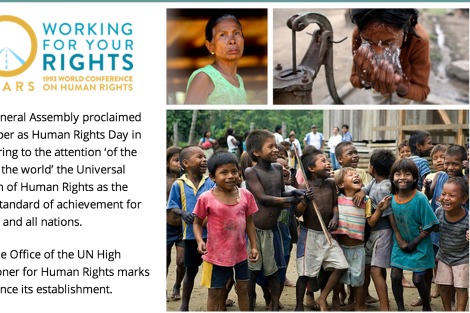
INTERNATIONAL
- Andrew Hamilton
- 12 December 2013
4 Comments
The Declaration of Human Rights exists as a standard by which we can judge our national life and priorities. By these criteria Australian public life displays grounds for concern. In the case of asylum seekers, prisoners and bikies, governments spend more effort on seeking to evade the claims of human rights than to uphold them. In the 'nonsense on stilts' stakes the unfettered appeal to national interest walks far taller than advocacy of human rights.
READ MORE